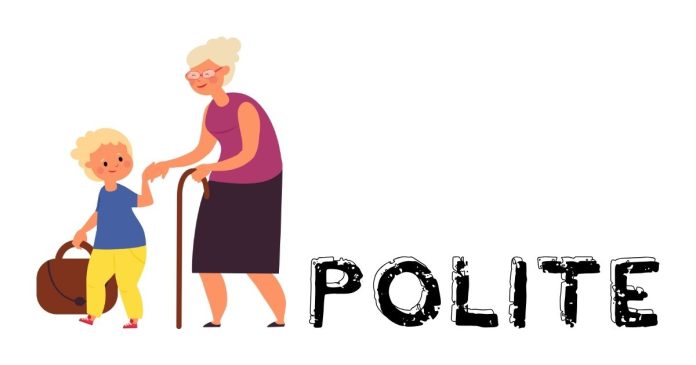When we want to describe someone’s behavior or character in terms of politeness, we often use adjectives. Adjectives like “polite” help us express how courteous or respectful someone is. But, just like many other adjectives, “polite” can be modified to reflect a comparison between two or more people or things. So, let’s break down the comparative and superlative forms of the word “polite.”
1. Comparative Form of “Polite”
The comparative form is used when comparing two things, people, or situations. It shows that one is more polite than the other.
- Comparative Form of “Polite”: Politer
For example:
- “John is politer than Mark.”
- “This customer service representative was politer than the one I spoke to last time.”
It’s important to note that while “politer” is grammatically correct, it’s not always the most common choice. Some people may prefer to use “more polite” instead, especially in more formal contexts. Both “politer” and “more polite” are acceptable, but “more polite” is generally considered smoother and more natural.
- “Sarah is more polite than Jack.”
2. Superlative Form of “Polite”
The superlative form is used when comparing three or more things, people, or situations. It shows that one is the most polite among the group.
- Superlative Form of “Polite”: Politest
For example:
- “Of all the students in the class, Alice is the politest.”
- “This hotel has the politest staff I’ve ever encountered.”
Just like with the comparative form, some people prefer using “most polite” over “politest,” especially since “politest” might sound a bit awkward in certain contexts. Using “most polite” feels more refined, particularly in formal writing or speech.
- “Among all the volunteers, she is the most polite.”
3. When to Use “Politer” vs. “More Polite” and “Politest” vs. “Most Polite”
While both “politer” and “politest” are grammatically valid, they tend to sound a bit less natural than their alternatives, “more polite” and “most polite.” In casual speech, “politer” and “politest” might slip off the tongue, but if you’re aiming for more polished, formal communication, “more polite” and “most polite” will be better choices.
Examples:
- Less formal: “She’s politer than him.”
- More formal: “She’s more polite than him.”
- Less formal: “He’s the politest person here.”
- More formal: “He’s the most polite person here.”
In summary, while the comparative form of “polite” can be either “politer” or “more polite,” and the superlative form can be “politest” or “most polite,” the latter options tend to be preferred in both formal and informal contexts. So, when in doubt, go for “more polite” and “most polite” to sound natural and polished.


